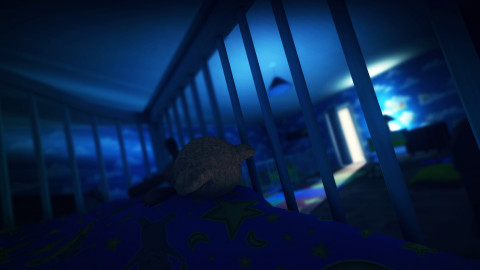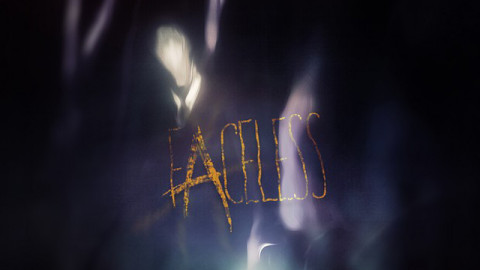
How Among the Sleep hopes to take survival horror back to its roots
The power of powerlessness.

The power of powerlessness.

Yes, a man is entitled to the sweat of his brow, but at what cost?

Praise the Almighty Helix.

There’s hope for us yet.

Most scary games just want to scare you, but Nevermind wants to scare you and then help you manage your anxiety. The concept for this white-knuckled first-person experience is really cool, taking advantage of biofeedback not just for self-help, but actually to adjust the thrills and chills as you play. It uses a headset that reads your pulse to hook into your biorhythms, and then pushes your panic button repeatedly. When you’re scared, the game gets harder; the only way to continue is to calm yourself down. And no cheating with Klonopin. We’ve talked about it before, and we’ll be…

For ten years in Calvin and Hobbes, Bill Watterson captured a terrifying childhood ritual. Nightly, Calvin dialogued with the monsters under his bed about their existence. “Are there any monsters under my bed tonight?” he’d ask, only to hear in reply, “Of course not. Come and see for yourself.” from somewhere underneath the bed. Calvin lacked the facts, and without them, consistently stayed up all night with his best friend Hobbes, bloodshot and terrified of ghosts, the bogeyman, and other creatures they could only venture a guess on whether they existed or not. Faceless would have terrified Calvin. A new…

It’s one of the most common sci-fi – and video game – tropes: the fear of a hostile robot takeover. The terror that humanity’s breakneck technological race to create better machines will result in the creation of a master race that’s bigger, better, stronger, and much, much smarter than we are. It was the very plot of The Matrix and The Terminator series, the theme of Battlestar Galactia, the underlying drama of I, Robot, and the narrative domain of such seminal games as System Shock 2, Portal, and the recent Binary Domain. This terror has found its way out of…